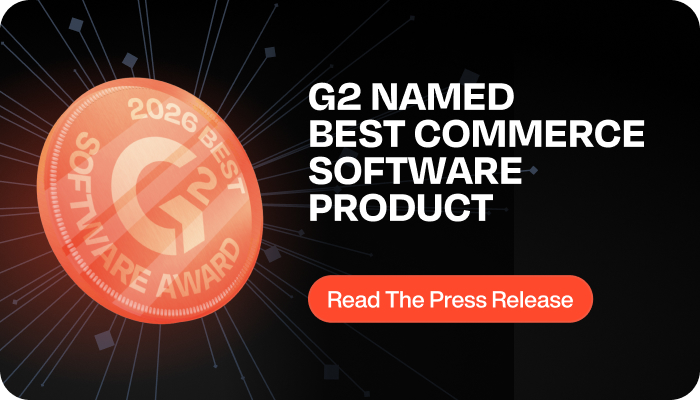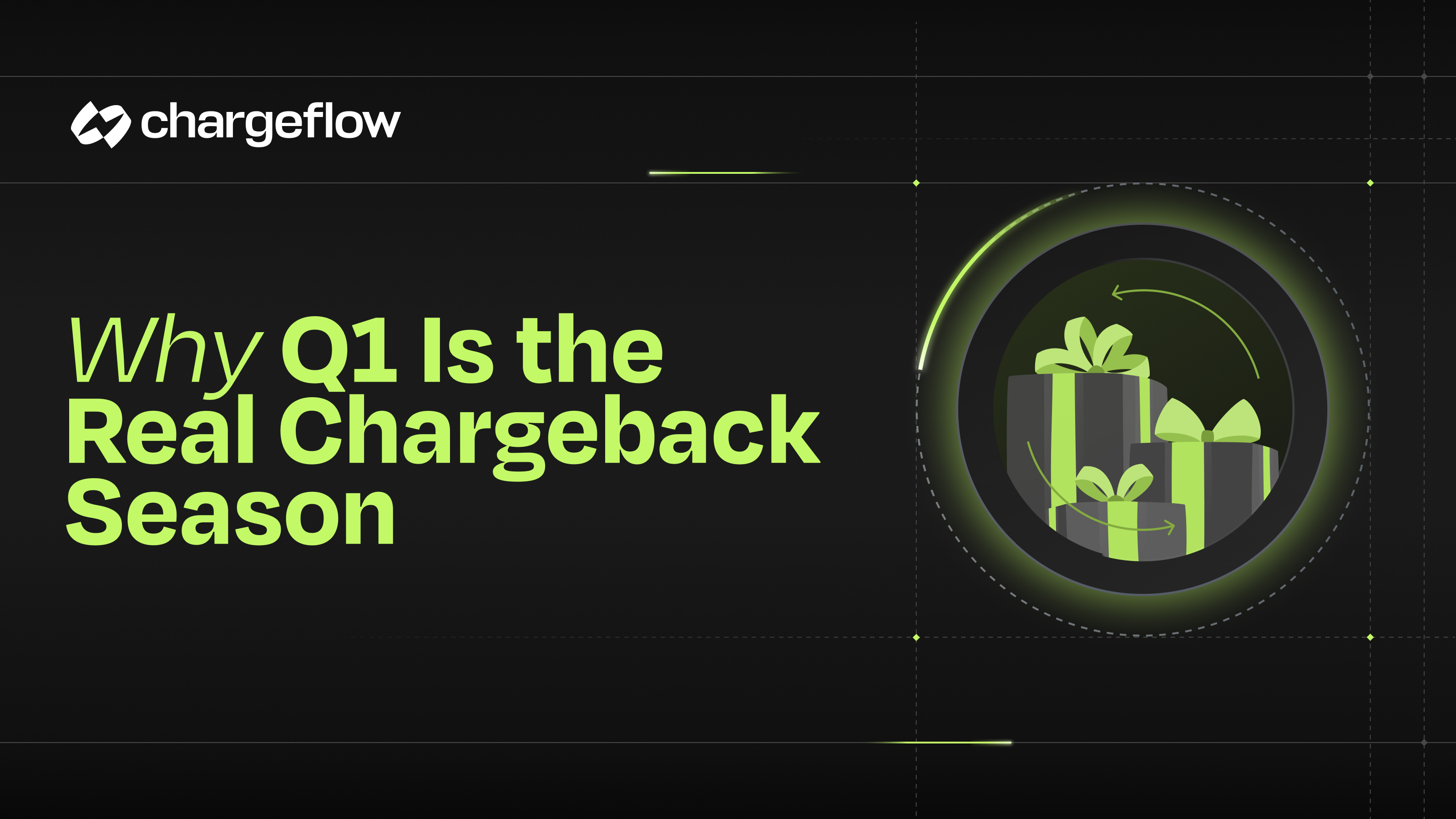How to Avoid Getting Chargedback on PayPal? Experts Insight

Chargebacks?
No longer your problem.
Recover 4x more chargebacks and prevent up to 90% of incoming ones, powered by AI and a global network of 15,000 merchants.
Say goodbye to chargebacks on PayPal with expert advice. Learn how to avoid chargebacks and protect your business with these valuable insights.
As an online store owner, it can be frustrating and costly to deal with chargebacks. Many payment processors, including PayPal, allow customers to dispute a purchase through their chargeback program.
If this happens to you as a business owner, you could end up being on the hook for fees that your customer was supposed to pay. Thankfully, there are strategies you can employ in order to reduce the chances of losing out financially due to these kinds of situations.
In this blog post, we’ll explore ways in which you can protect yourself from getting hit with costly PayPal chargebacks and provide expert insights so that you stay ahead of any possible disputes. Let’s get started!
Understand PayPal's Chargeback Policy
As a PayPal merchant, understanding the chargeback policy is crucial for staying compliant and protecting your business from costly fees or disputes. According to PayPal, chargebacks can be issued as a form of consumer protection when a customer feels that they have not received the goods/services purchased or that an unauthorized transaction has taken place from their account.
Typically, when a customer disputes the payment, they will contact their bank to initiate it. The bank then contacts PayPal and requests a return of funds from them in order to refund the repayment to the customer.
Examples of common reasons for chargebacks on PayPal include fraudulent activity on behalf of the merchant, such as illegitimate products or services being provided, incorrect amounts billed, or unauthorized transactions made by the cardholder’s account. These matters should always be taken seriously in order to prevent potentially costly penalties and ensure compliance with appropriate regulations.
Implement Best Practices for Preventing Chargebacks on PayPal
As a merchant, it's important to take steps to prevent chargebacks from happening in the first place. In this blog post, we'll share some best practices for preventing chargebacks on PayPal.
1. Verify customer identities
One of the easiest ways to prevent chargebacks is to verify customer identities. By using tools like PayPal's Identity Verification, you can confirm that the customer is who they claim to be. This can prevent fraudulent transactions, which are a common cause of chargebacks.
2. Provide accurate product descriptions
Another way to prevent chargebacks is to provide accurate product descriptions. Make sure that your product listings include all relevant information, such as product dimensions, materials, and any other relevant details. This can help prevent misunderstandings and disputes over the product's quality or functionality.
3. Ship items promptly
Delayed or missing shipments can also lead to chargebacks. Make sure to ship items promptly and provide tracking information to customers. This helps to build trust and confidence in your business and reduces the likelihood of customers filing chargebacks.
4. Maintain good communication with customers
Good communication is key to preventing chargebacks. Respond promptly to customer inquiries and address any concerns they may have about their purchase. Make sure to keep customers informed about the status of their orders and provide them with updates as necessary.
5. Resolve disputes quickly
If a customer does file a dispute or chargeback, it's important to address the issue as quickly as possible. Work with the customer to find a solution that satisfies both parties. This can include issuing a refund, providing a replacement item, or offering a discount on a future purchase. By resolving disputes quickly, you can minimize the impact of chargebacks on your business.
Responding to Chargebacks on PayPal
If a customer disputes a transaction and requests a chargeback, it's important to respond promptly and effectively to minimize the impact on your business. Here, we describe the steps businesses should take when faced with a chargeback on PayPal and explain PayPal's dispute resolution process.
Step 1: Review the claim
The first step in responding to a chargeback is to review the claim carefully. Look for any errors or inconsistencies in the customer's claim and gather all relevant information about the transaction.
Step 2: Gather evidence
Next, gather evidence that supports your case. This can include shipping information, proof of delivery, customer communication, and any other relevant information that supports the legitimacy of the transaction.
Step 3: Respond promptly
Once you've reviewed the claim and gathered evidence, respond promptly to the chargeback. PayPal provides a deadline for responding to the claim, so make sure to meet that deadline to avoid losing the dispute.
Step 4: Navigate PayPal's dispute resolution process
PayPal's dispute resolution process can be complex, but there are a few key steps to keep in mind:
- Respond to the claim: As mentioned earlier, responding promptly to the claim is essential. Make sure to include all relevant evidence and a clear explanation of why the chargeback should be denied.
- Wait for PayPal's decision: After you respond to the claim, PayPal will review the evidence and make a decision. This can take several weeks, so be patient and avoid contacting the customer directly during this time.
- Appeal the decision: If PayPal rules in favor of the customer, you can appeal the decision by providing additional evidence or information that supports your case. Make sure to do this within the designated timeframe.
- Seek legal advice: If the dispute is particularly complex or involves a large sum of money, you may want to seek legal advice to ensure that you're taking the right steps to protect your business.
Tools and Resources to Help Prevent Chargebacks on PayPal
As a business owner who accepts payments through PayPal, preventing chargebacks is essential to maintaining a healthy cash flow and reputation. Fortunately, PayPal offers several tools and services to help prevent chargebacks, including Seller Protection, Fraud Management Filters, and Transaction and Payment Data Reports. Another tool that businesses can use to help prevent chargebacks is Chargeflow.
Chargeflow is a chargeback management platform that integrates with PayPal and other payment gateways to help businesses prevent chargebacks before they occur. Here are some of the key features and benefits of Chargeflow:
1. Real-time chargeback Monitoring
Chargeflow provides real-time monitoring when a chargeback is initiated, allowing businesses to respond promptly and prevent the chargeback from escalating.
2. Integration with PayPal and other payment gateways
Chargeflow integrates with PayPal and other payment gateways, allowing businesses to manage chargebacks from multiple sources in one place.
3. Analytics and Reporting
Chargeflow provides analytics and reporting tools to help businesses track chargeback trends, identify areas for improvement, and measure the effectiveness of chargeback prevention efforts.
Synopsis
By using Chargeflow in combination with PayPal's existing chargeback prevention tool, businesses can significantly reduce the likelihood of chargebacks and protect their bottom line. Chargeflow is a powerful tool that can help businesses stay on top of chargebacks and prevent them from becoming major issues.
With real-time integration, chargeback prevention, expertise in PayPal and other payment gateways, and powerful analytics and reporting, Chargeflow is a must-have for any business looking to prevent chargebacks and protect its revenue.

Chargebacks?
No longer your problem.
Recover 4x more chargebacks and prevent up to 90% of incoming ones, powered by AI and a global network of 15,000 merchants.
















































.png)








